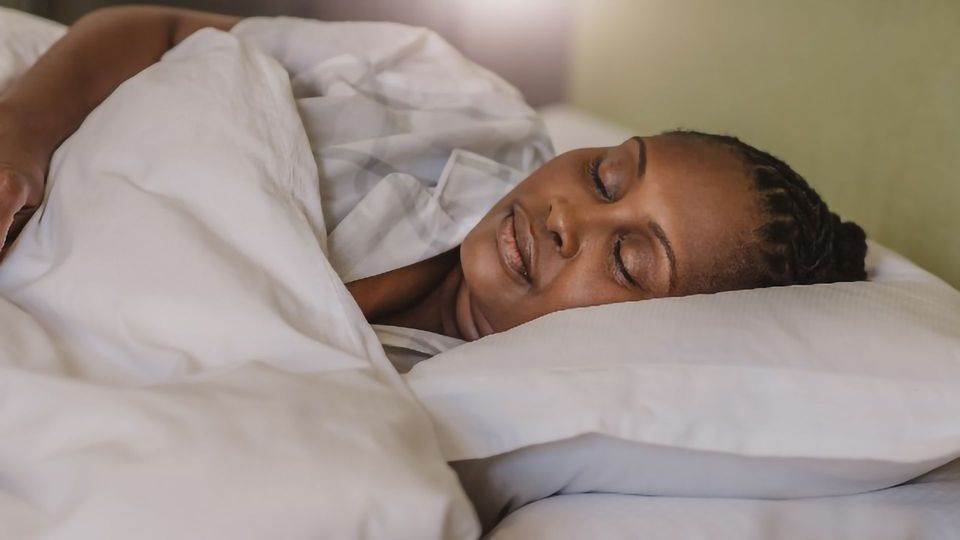Sleep Apnea Risk Varies Between Two Types of Epilepsy

Complete the form below to unlock access to ALL audio articles.
People with generalized epilepsy who have seizures arising from both sides of the brain simultaneously, have a higher risk of obstructive sleep apnea (OSA) compared to patients who have focal epilepsy where seizures emanate from one area of the brain, according to a Rutgers study.
The study, published in the October issue of the journal Epilepsy & Behavior, will help physicians better understand who is most at risk for OSA and therefore, may be most likely to benefit from treatment. Treatment of OSA may help patients feel better, be healthier and may be an important part of epilepsy treatment.
"OSA is common in patients with epilepsy and treatment may improve seizure control. However, this condition is often undiagnosed in patients with epilepsy, and understanding of the risk profile for OSA is important," said lead author Matthew Scharf, an assistant professor of medicine and neurology at Rutgers Robert Wood Johnson Medical School.
The researchers looked at 115 patients from a Level 4 Epilepsy Center -- 27 with generalized epilepsy and 88 with focal epilepsy -- to understand the relationship between their seizure frequency, epilepsy type and results on a standard screening tool to assess obstructive sleep apnea risk.
They also found that older age, a higher body-mass index and a history of high blood pressure were associated with a higher risk of obstructive sleep apnea in people with epilepsy.
The researchers found no significant difference in excessive daytime sleepiness -- a common symptom of people with obstructive sleep apnea and epilepsy -- between the types of epilepsy.
An estimated 22 million Americans suffer from sleep apnea, with 80 percent of the cases of moderate and severe obstructive sleep apnea going undiagnosed. More than three million Americans have epilepsy, with more than 80 percent experiencing focal-onset seizures. About two-thirds of patients with epilepsy can have their seizures controlled with medication. Sleep apnea can be treated in a variety of ways, such as use of continuous positive airway pressure (CPAP), wearing an oral appliance to keep the throat open while sleeping and weight loss.
"Possible reasons for higher risk of OSA in people with generalized epilepsy include greater brainstem dysfunction, altered control of the muscles of the upper airway, instability in the respiratory control system and differences in the anatomy of the upper airway," Scharf said.
Although the number of antiepileptic medications used was similar between the two groups, patients with generalized epilepsy may have started these medications at a younger age and have used them longer, which also could be a factor, he said.
Reference:
Scharf MT, Greenberg P, Wong S, Mani R. Obstructive sleep apnea risk in patients with focal versus generalized epilepsy. Epilepsy Behav. 2020;111. doi:10.1016/j.yebeh.2020.107190
This article has been republished from the following materials. Note: material may have been edited for length and content. For further information, please contact the cited source.

